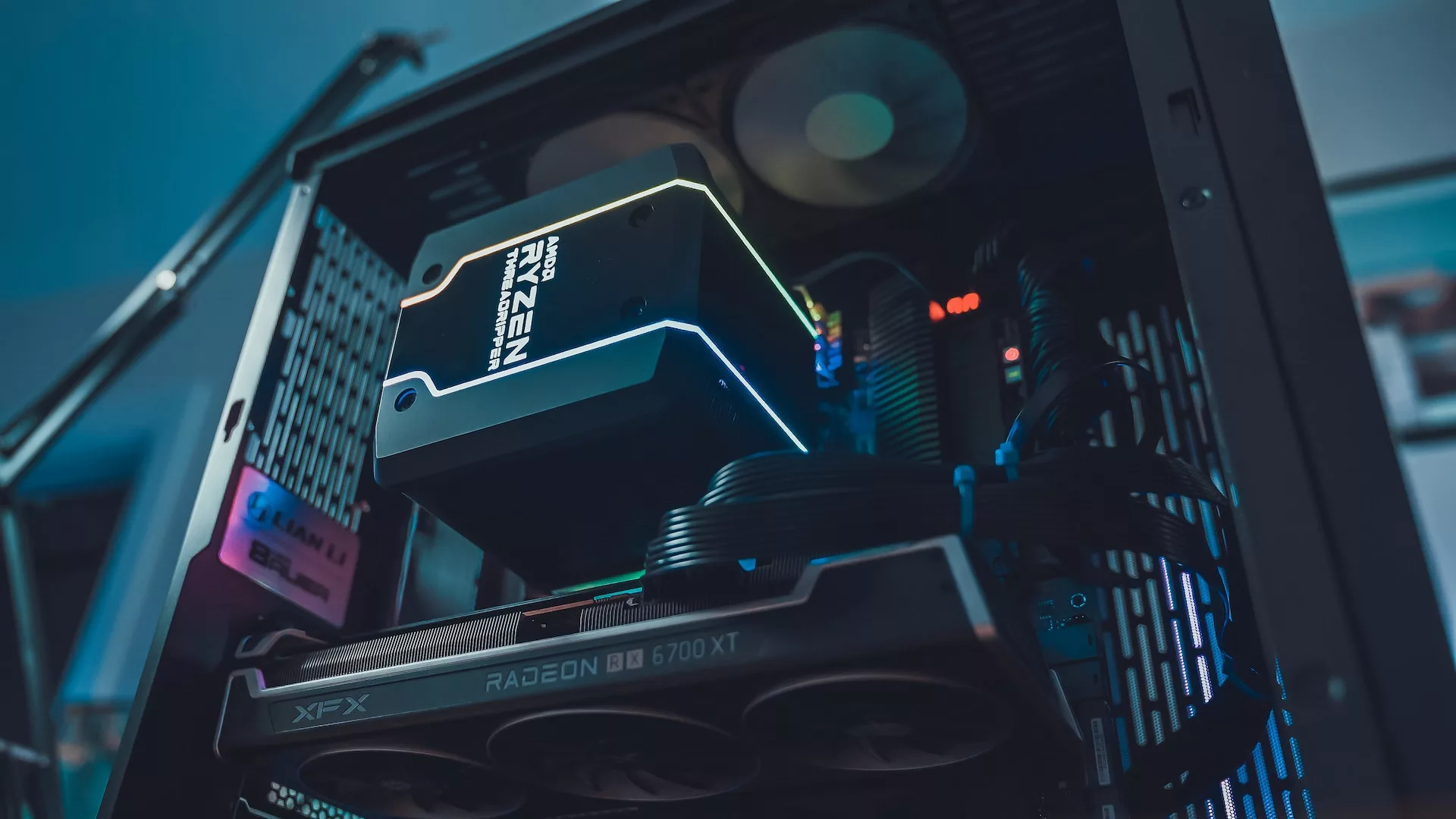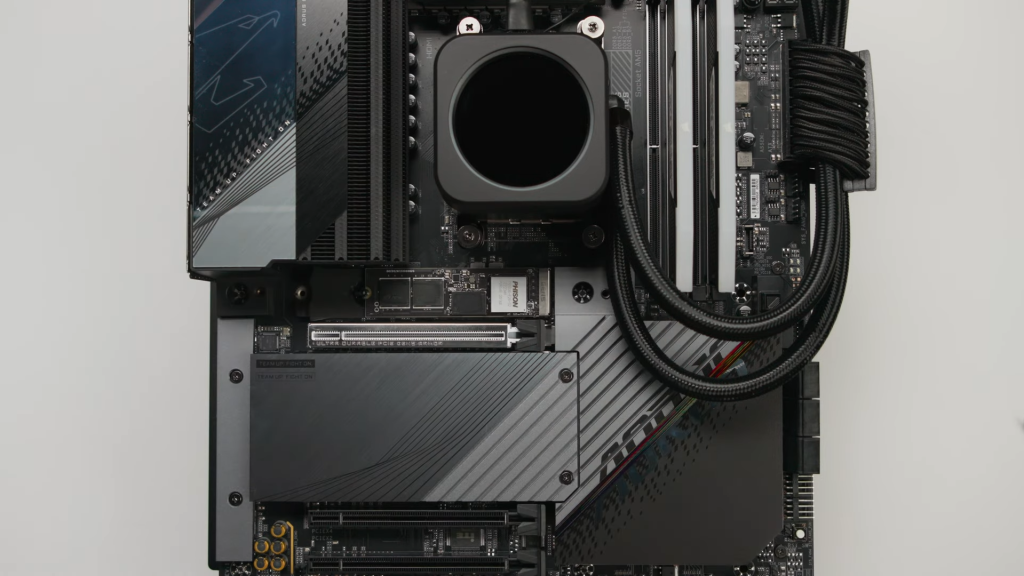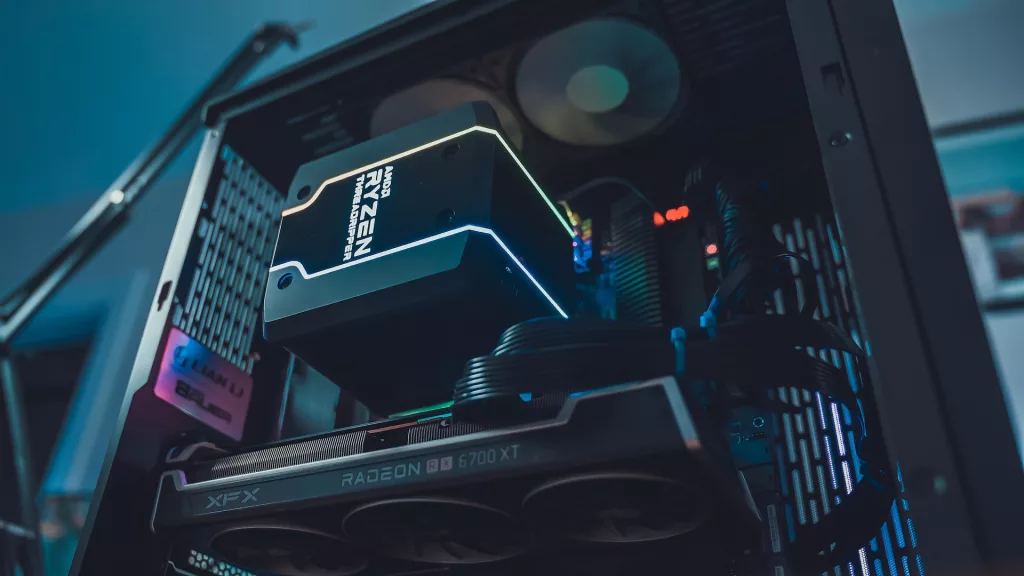So, you want to shock someone by gifting him or her with a gaming computer? Awesome idea! However, how would you tell that to someone without exactly asking him/her what he or she wants? Do not worry as we will share some practical advice about designing the best gaming computing gift.
A lot of things have been said about this PC-building adventure so let us first understand some preliminaries.
Step 1: Set Your Budget
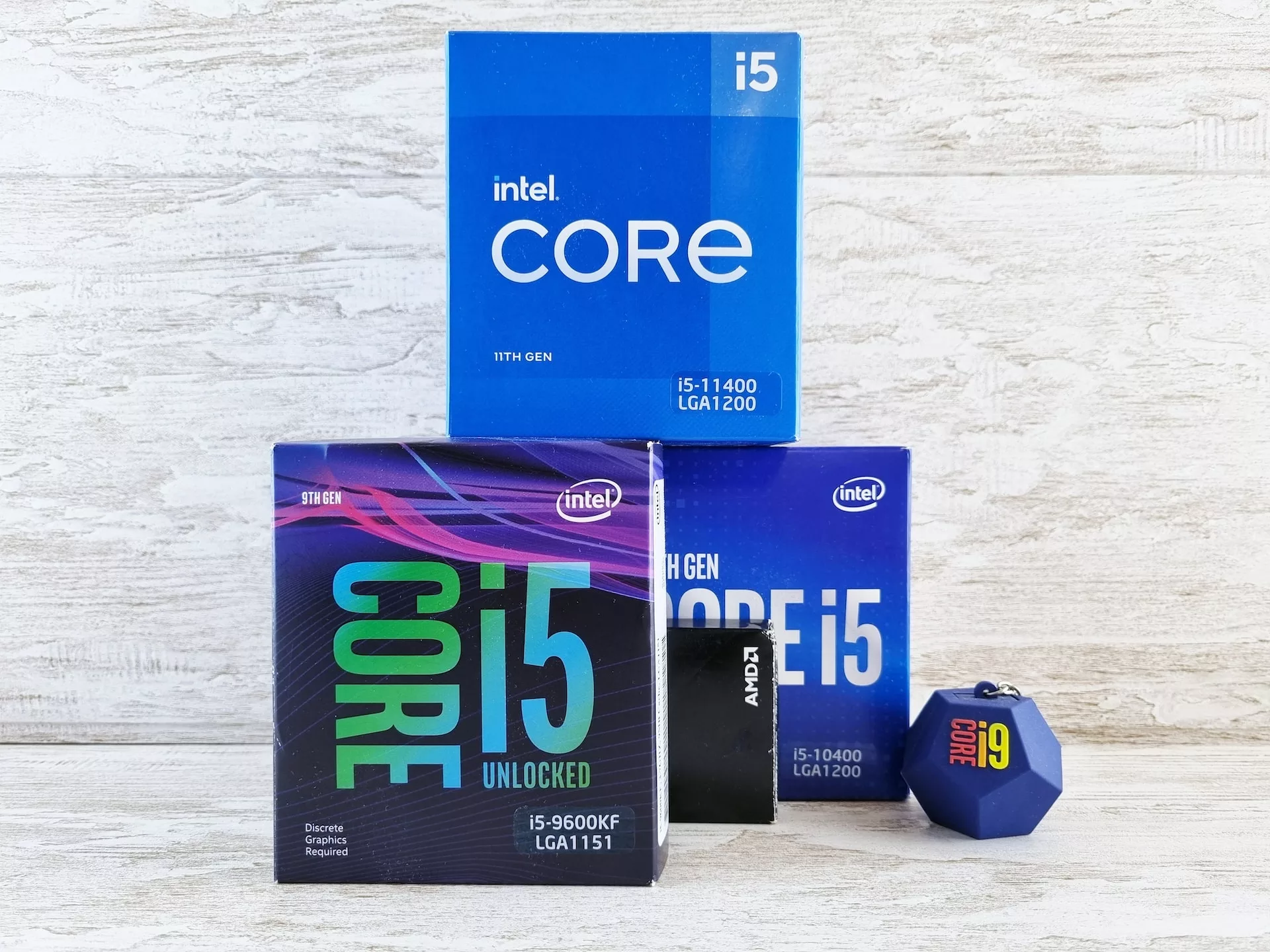
Start by calculating how much you can afford as a price for this present. Gaming PCs come at every price range. Typically, there are three main categories: entry-level, mid-range, and high-end.
Also, these gaming PCs can be of varied shapes, knowing how much money one is willing to spend would be equivalent to the map for your present buying expedition. Doing so will enable you to know how much you are willing to spend on purchasing your computer parts and also determine the level of speed that you may expect once your machine is ready for operation.
For instance, there are prebuilt gaming PCs starting at around $500, but for top-of-the-line gaming PCs, this could be in the range of about $2,000.
- Keep in mind that building a PC (sometimes, even getting it built by a professional) is always cheaper than ordering a prebuilt gaming PC.
- Latest hardware (like the RTX 40 series cards, DDR5 RAM, etc.) and flashy things (like liquid cooling or more RGB fans) always cost more money. The actual performance gain from these bells and whistles is comparatively lower.
Step 2: Type of Games
Different types of games demand different things from the PC hardware. Casual gaming, competitive gaming, content creation, high-end gaming, etc. are all different use cases and the parts you select or need are going to differ.
If you’re already aware of the type of games that the gift recipient plays, that makes the job infinitely easier.
- MOBA games like Dota 2, League of Legends, Valorant, Smite, Arena of Valor, Heroes of the Storm, Paladins, and so on are not very demanding. The same goes for most esports-like or competitive games like Counter-Strike.
- MMOs and MMORPGs like Guild Wars 2, Black Desert Online, World of Warcraft, Final Fantasy XIV, Elder Scrolls Online, etc. are also pretty low-end. Some, however, are mid-end or even high-end, like Baldur’s Gate 3 or New World.
- Shooter games of all types tend to be pretty tame as well and don’t require you to invest in a very expensive PC. This includes CS2, PUBG, Call of Duty, Battlefield, Apex Legends, Destiny 2, Gears 5, Halo series, Doom series, Resident Evil series, Titanfall 2, and Overwatch 2. Some titles are quite demanding here.
In all the above cases, a good GPU under $400 or a prebuilt PC with a GPU that costs $400 separately is going to be enough. We also have a list of the top 4 GPUs under $400.
On the other hand, if the PC is going to run strategy games and triple-A open-world games, you need a powerful CPU.
Lastly, there are RPG games. These are the most popular type of games with multiple AAA titles being released every year. These require high-end and ultra-high-end PCs to truly look beautiful. They do become outdated beyond a certain point, but if the PC is going to play the latest AAA RPG game of the time, it needs a beefy GPU, at least 16GB of RAM, good airflow or case, and a capable processor. Examples include Elden Ring, Starfield, Cyberpunk 2077, Hogwarts Legacy, Baldur’s Gate 3, Robocop: Rogue City, etc.
Step 3: Try to Snoop Around
This is the most difficult one, as you can’t just directly ask them ‘Hey, which games do you love?’ So, if it is possible give him or her a slight hint on that without being direct.
You should also visit their social media profiles and try talking to their gaming pals in a friendly manner. It is possible that you will find some indications about the type of game they like. Do they go for modern high-definition gameplay with the blockbuster type graphic intensive games or prefer the homely warmth of indie video games?
If they happen to have a Steam profile, it’s a good way to check their wishlist or previously played games.
Things to Keep in Mind
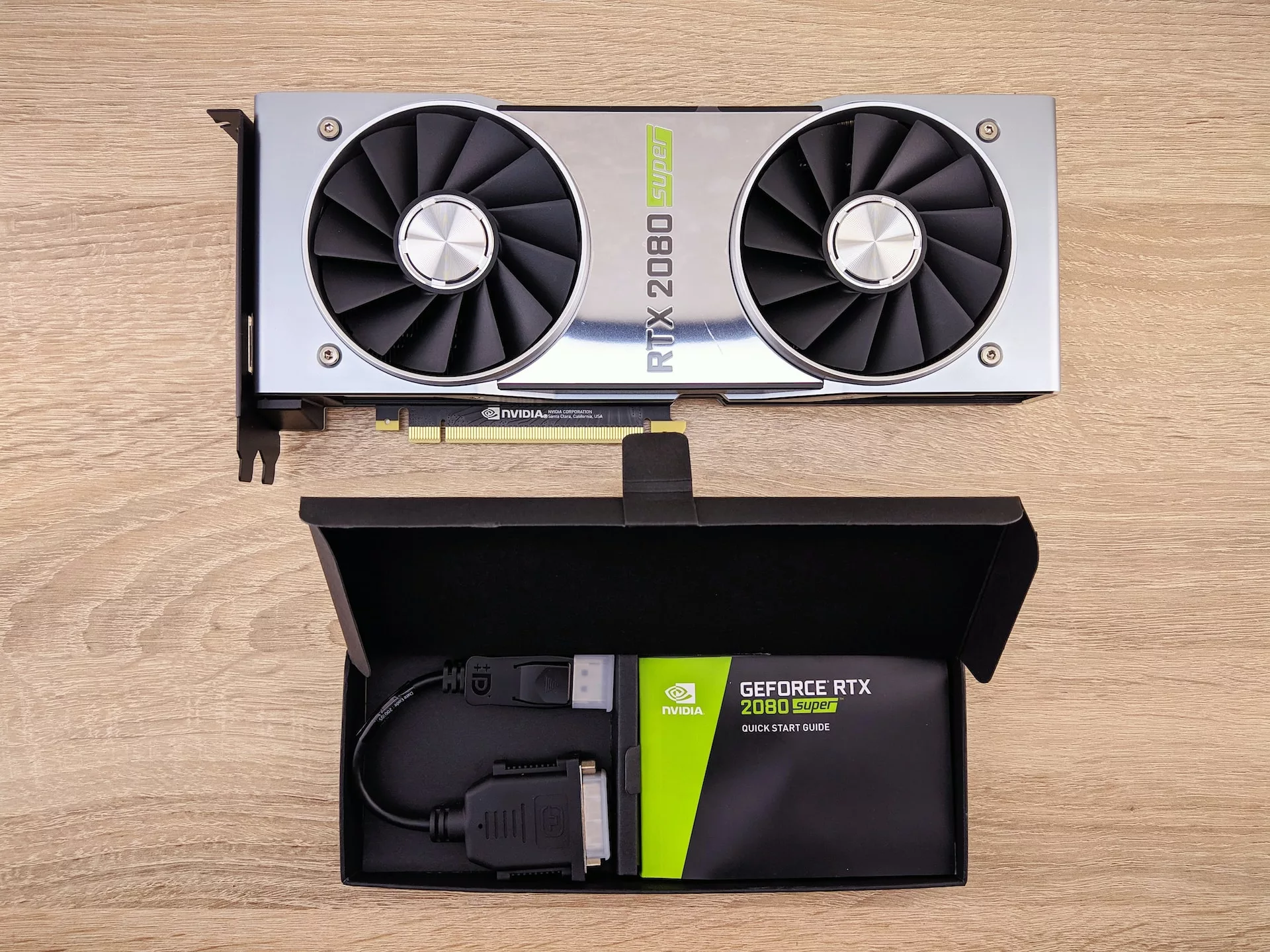
Before we wrap this up, here are some additional tips:
- Try to familiarize yourself with the major product lines of GPUs, the main component in any gaming PC that determines gaming performance.
- If the recipient knows how to build a computer, it’s often better to gift them the parts. This could mean just a new GPU to be fitted inside the current chassis (though compatibility issues have to be taken care of in this case). This can also mean buying all the major components like the motherboard, GPU, CPU, RAM, storage, power supply, and the PC case.
- The run-time environment of the game runs on RAM. It’s like the brain of your whole gaming box. However, for most gaming setups, 16 gigabytes of RAM seems to be a sweet spot. Its affordable price also gives you a good experience in gaming as well as some multitasking.
- All their games have shelves where they can be stored. SSDs are faster, and hence, quicker loading times and an efficient system. However, it may cost somewhat more for more GB. You can also do a combination of a small SSD and high-capacity HDD in case you are tight on budget but you need greater storage capacity. The best solution, however, often strikes a balance between them.
- In case your gift recipient is a beginner gamer, you can include a bundle of gaming peripherals as part of the package. The type of keyboard, mouse, and monitor used are also important.
- When conflicted between two expensive components like GPUs or CPUs, always check multiple reviews, both articles and YouTube videos, before you decide what to go with.


